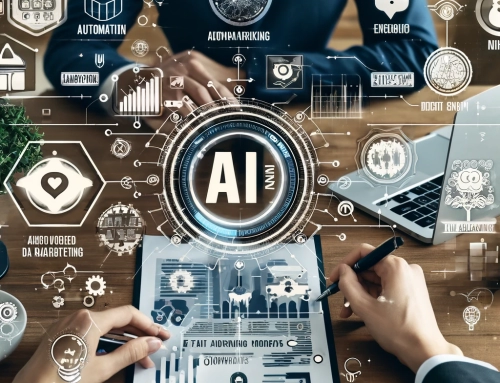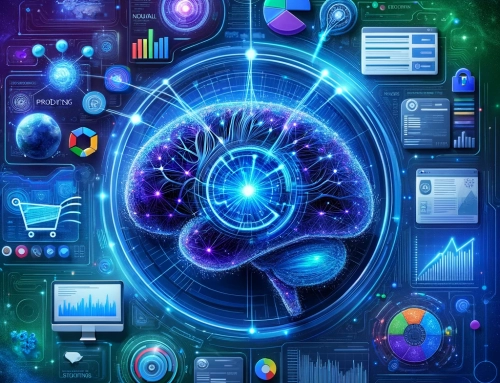In today’s data-rich marketing landscape, understanding the customer journey has never been more critical. The evolution of data-driven attribution modeling, enhanced by Artificial Intelligence (AI), marks a significant leap forward. AI technologies are refining attribution models, enabling marketers to assess the impact of various channels and campaigns on customer behavior and conversions more accurately. This blog explores how AI has revolutionized attribution modeling and outlines best practices for marketers looking to harness these advancements.
The AI Revolution in Attribution Modeling
Attribution modeling traditionally involved assigning credit to different marketing touchpoints in a customer’s journey. However, the complexity and multi-dimensionality of modern consumer interactions have rendered traditional models less effective. Enter AI – a game-changer in marketing attribution. AI-driven models process vast amounts of data, recognize patterns, and offer nuanced insights into customer behavior.
Best Practices in AI-Enhanced Attribution Modeling
- Integrate Comprehensive Data Sources: To leverage AI effectively, integrate data from all customer touchpoints, including online interactions, social media engagement, and offline activities. AI models thrive on comprehensive datasets to provide accurate insights.
- Prioritize Real-Time Data Processing: AI models can process data in real-time, allowing marketers to make timely, data-driven decisions. Implement systems that feed real-time data into your AI models for up-to-the-minute accuracy.
- Embrace Multi-Touch Attribution (MTA): MTA models, powered by AI, offer a granular view of the customer journey. They allocate proportional credit to each interaction, providing a more holistic understanding of what drives conversions.
- Utilize Predictive Analytics: AI can forecast future customer behaviors based on historical data. Use these predictions to optimize marketing strategies and resource allocation, focusing on channels and campaigns most likely to drive conversions.
- Ensure Data Privacy Compliance: With AI processing vast amounts of consumer data, it’s crucial to comply with data privacy regulations. Implement secure, ethical practices in data handling to maintain customer trust.
- Regularly Update and Train Your AI Models: AI models are not set-and-forget tools. Regular updates and training with new data are essential to maintain accuracy and relevance, especially in the dynamic digital marketing environment.
The Impact of AI on Marketing Strategies
Adopting AI in attribution modeling transforms how marketers approach strategy development. It enables a more nuanced understanding of each campaign’s effectiveness, guiding smarter investments in marketing efforts. Marketers can identify underperforming channels, optimize budget allocation, and tailor messages to resonate better with their target audience.
The Future of AI in Attribution
The future of AI in marketing attribution is bright, with continuous advancements in machine learning and predictive analytics. These technologies are set to become even more sophisticated, providing deeper insights and more accurate predictions.
AI-enhanced data-driven attribution modeling is more than just a trend; it’s a fundamental shift in understanding and optimizing the customer journey. By adopting AI in their attribution models, marketers can make more informed decisions, driving better results and a higher ROI.
Are you ready to leverage the power of AI in your marketing attribution efforts? Contact AdTech Hub today. Our team of experts specializes in AI-driven marketing solutions that can transform your approach to attribution modeling, ensuring you stay ahead in the competitive digital landscape. Reach out to us at [contact@adtechhub.com](mailto:contact@adtechhub.com) and let’s unlock your marketing potential with AI!









